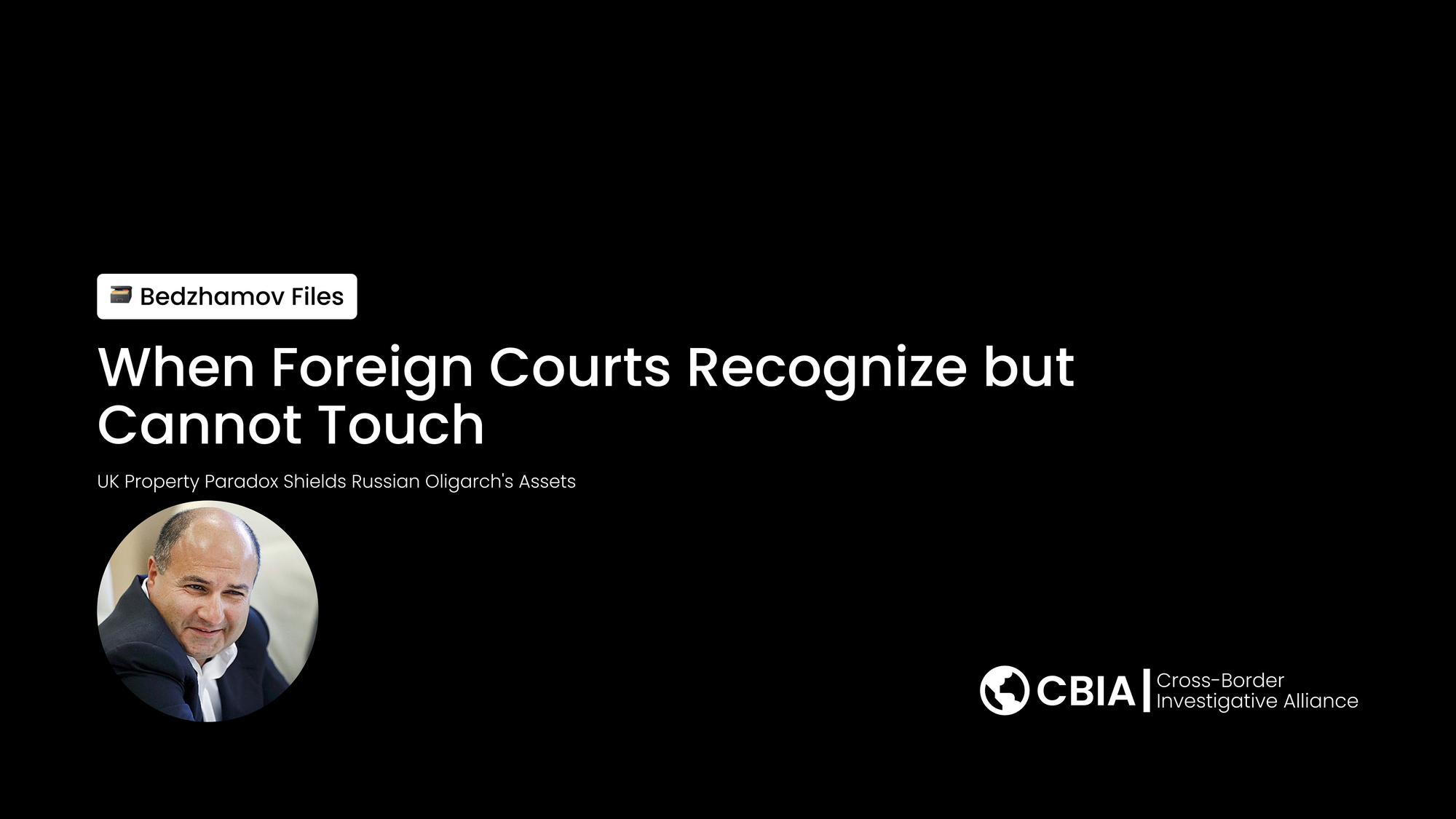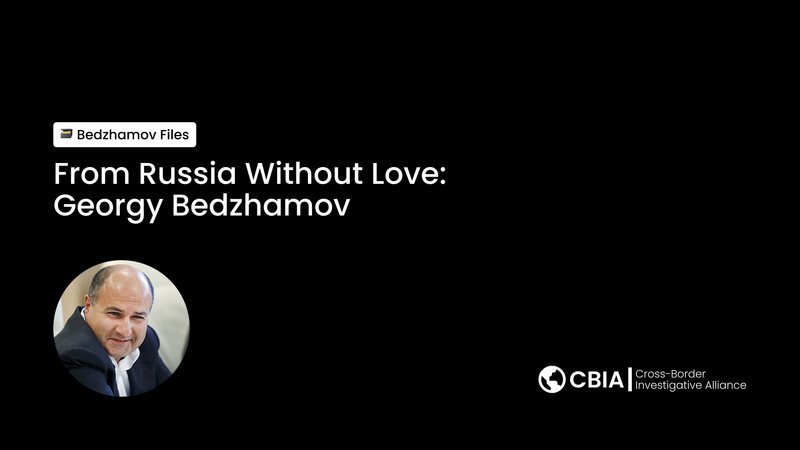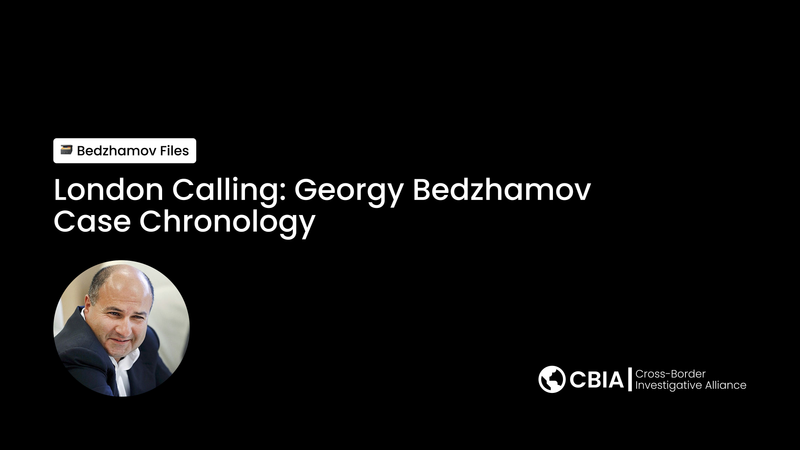When Foreign Courts Recognize but Cannot Touch: UK Property Paradox Shields Russian Oligarch's Assets

A landmark UK Supreme Court case has exposed a fundamental contradiction in international law that allows wealthy individuals to shield assets from foreign bankruptcy proceedings while living in legal limbo.
The case involves Georgy Bedzhamov, a Russian banker who fled to the UK in 2015 after the collapse of Vneshprombank, leaving behind debts exceeding £1.3 billion. When Russian courts declared him bankrupt in 2018 and appointed trustee Lyubov Kireeva to recover his assets, they encountered an unexpected obstacle: while English courts formally recognize the Russian bankruptcy order, they are powerless to help seize his most valuable UK asset—a property in London's exclusive Belgravia district.
This legal paradox stems from the "immovables rule," a centuries-old principle of English common law that asserts only domestic law can govern real estate ownership. As the Supreme Court explained in November 2024, this rule reflects "territorial sovereignty" and prevents foreign courts from affecting property rights within England [1].
The Bedzhamov Case: A £1.3 Billion Question
Bedzhamov's journey from banking executive to international fugitive began with the 2015 collapse of Vneshprombank, where he allegedly personally benefited to the tune of £35.4 million through fraudulent schemes. Russian courts obtained judgments totaling over £33 million against him, leading to bankruptcy proceedings in 2017-2018 [1].
Meanwhile, Bedzhamov had acquired a lease on a house in Belgrave Square with approximately 20 years remaining, plus an agreement for a new 129-year lease conditional on redevelopment. This property became the center of a complex legal battle involving Russian bankruptcy law, English property law, and international recognition principles [1].
When trustee Kireeva sought English court assistance to seize the property in 2021, she faced a legal contradiction. While the court recognized her authority as bankruptcy trustee under Russian law, it simultaneously ruled that the immovables rule prevented any assistance regarding the London property [1].
The Immovables Rule: An Ancient Shield
The immovables rule represents more than technical legal doctrine—it embodies principles of national sovereignty dating back centuries. As the Supreme Court noted, "no country can be expected to allow questions affecting its own land to be determined otherwise than by its own Courts in accordance with its own interests" [1].
This rule applies regardless of how property is classified under domestic law. Even leasehold interests, considered personal property under English law, are treated as immovable for international purposes. The rule extends to "all rights over, or in relation to" land, including beneficial interests and any claims to property rights [1].
Legislative Exceptions Create Further Complexity
The legal landscape becomes even more complex when considering existing statutory exceptions to the immovables rule. Under Section 426 of the Insolvency Act 1986, English courts can assist bankruptcy proceedings from designated Commonwealth countries—but Russia is not included [1].
The Cross-Border Insolvency Regulations 2006, implementing the UNCITRAL Model Law, provide broader assistance to foreign proceedings where the debtor has their "centre of main interests" in the foreign country. However, since Bedzhamov left Russia in 2015 and has lived in England since 2017, this exception also doesn't apply [1].
Real-World Consequences
While legal scholars debate principles, the case has immediate practical implications. Bedzhamov continues to live in the Belgravia property under a freezing order that allows him £240,000 monthly for living expenses—an increase from the original £80,000 [2]. His creditors, meanwhile, cannot access what may be his most valuable asset.
The Supreme Court acknowledged this creates a "surprising result" where bankrupt individuals can shield immovable property from foreign creditors while enjoying its benefits. However, the court emphasized that addressing this anomaly "must be a matter for Parliament and not for the courts" [1].
International Implications
The ruling reinforces England's position as a jurisdiction where property ownership enjoys strong protection from foreign legal proceedings. This principle, while providing certainty for legitimate property owners, also creates opportunities for those seeking to shield assets from creditors.
The case highlights broader tensions in international law between principles of universalism—where bankruptcy should encompass all assets globally—and territorial sovereignty protecting domestic property rights.
Looking Forward
The Supreme Court's decision leaves the legal contradiction unresolved, placing responsibility with Parliament to determine whether and how to expand cross-border insolvency cooperation. Recent international developments, including UNCITRAL's 2018 Model Law on Recognition and Enforcement of Insolvency-Related Judgments, suggest momentum for reform.
Until then, the Bedzhamov case stands as a stark illustration of how ancient legal principles can create modern paradoxes, allowing individuals to shield assets while courts simultaneously recognize and reject foreign proceedings.
For international creditors and insolvency practitioners, the message is clear: English property law remains a formidable shield, even when foreign bankruptcy orders are formally recognized. The contradiction between recognition and enforcement continues to protect England's real estate from global insolvency proceedings.
Sources:
[1] Kireeva v Bedzhamov [2024] UKSC 39, UK Supreme Court
[2] "Bankruptcy trustees' claims over frozen assets," Lexology, Rahman Ravelli analysis



